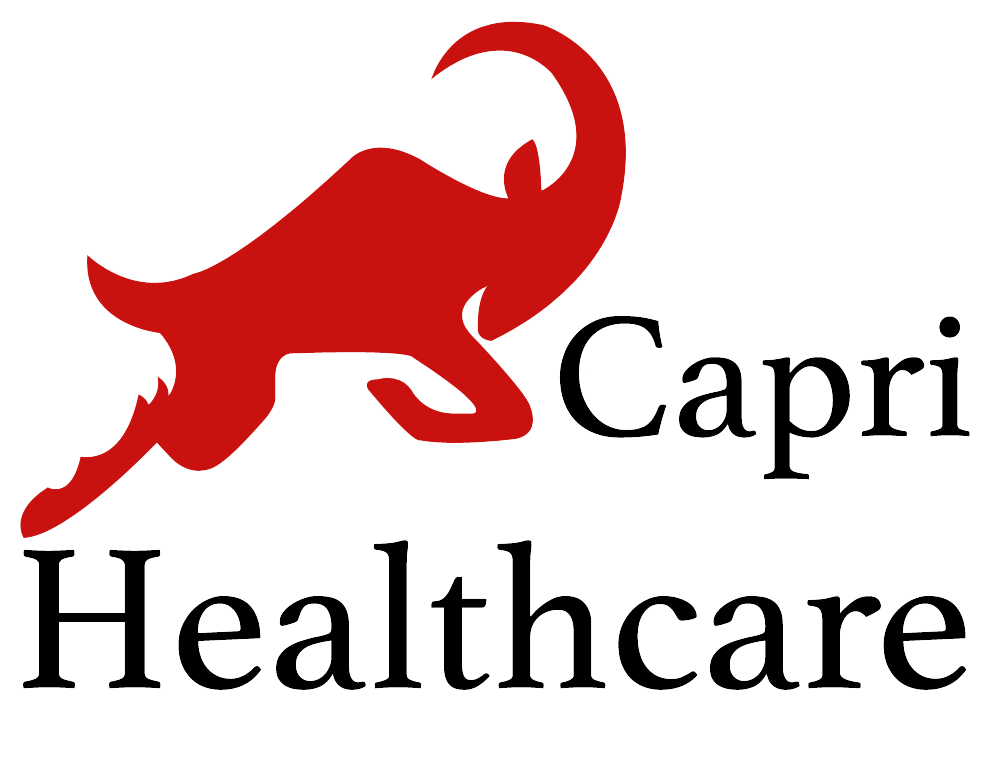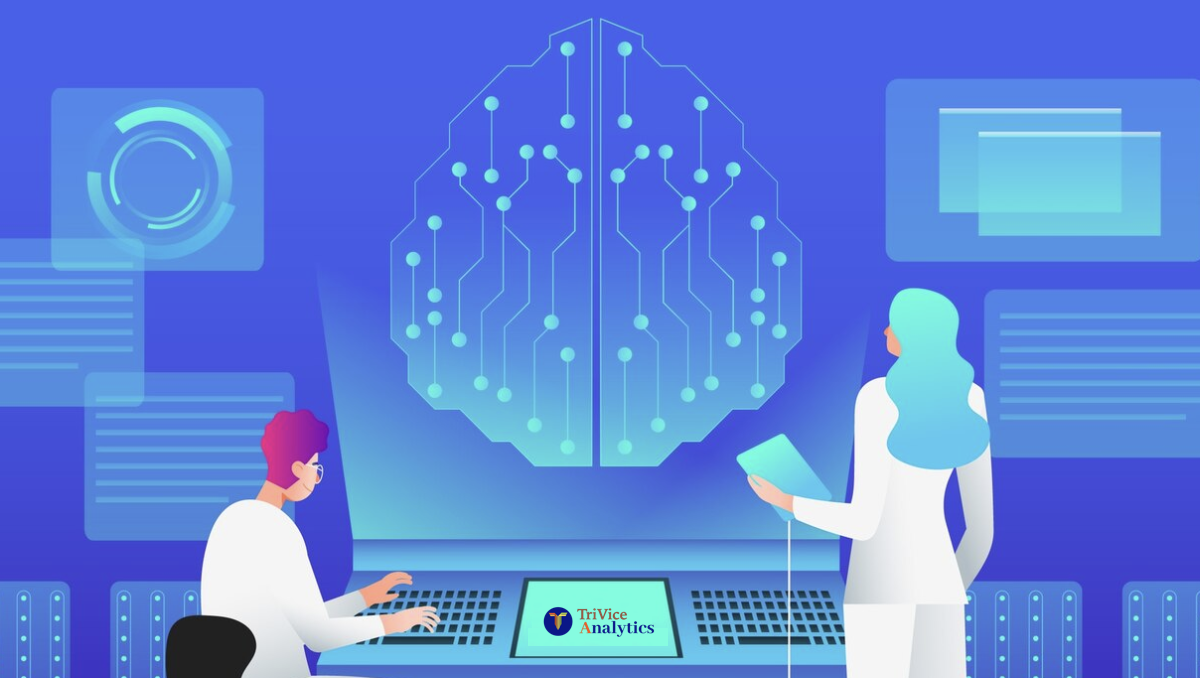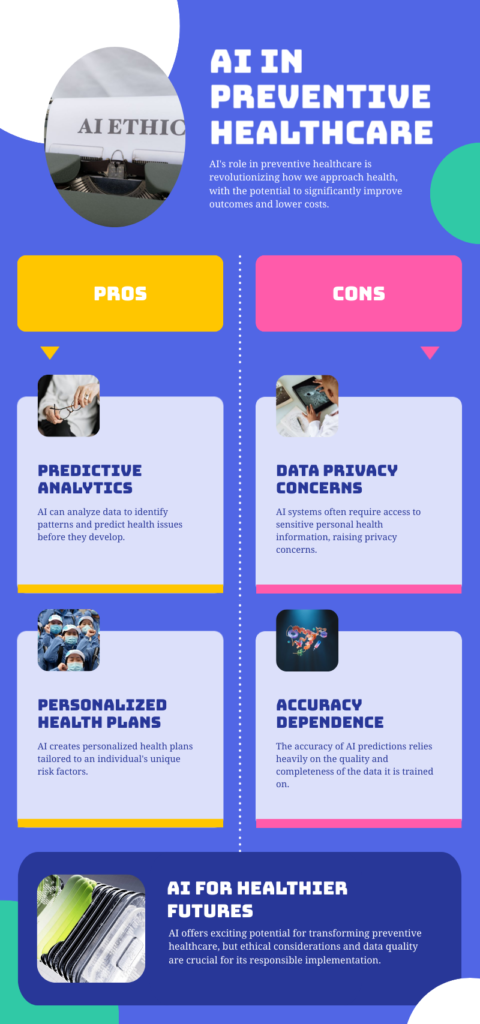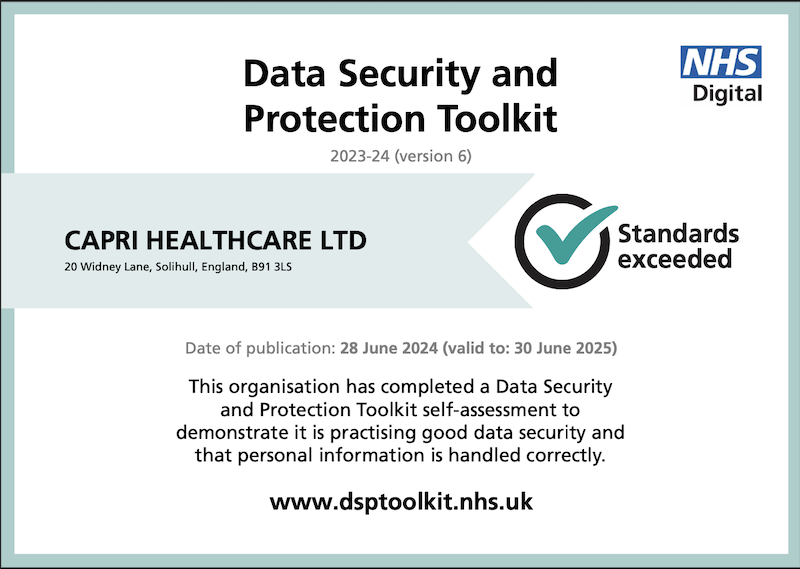Job Title: Apprentice Business Analyst and UX/UI Designer
Location: [UK or Remote]
Company: Capri Healthcare Ltd
Reports to: Product Owner / Product Manager
Overview:
Capri Healthcare Ltd is a dynamic and innovative UK-based health tech company dedicated to delivering high-quality healthcare solutions. We are seeking a motivated and talented individual to join us as an Apprentice Business Analyst and UX/UI Designer. This apprenticeship offers a unique opportunity to gain hands-on experience in both business analysis and user experience design, with a clear career progression path to becoming a Junior Product Owner upon successful completion.
Key Responsibilities:
As an Apprentice Business Analyst and UX/UI Designer, you will:
1. Business Analysis:
– Engage proactively with stakeholders to gather, understand, and document business requirements.
– Organize and lead business analysis meetings, ensuring that all relevant stakeholders are involved and informed.
– Develop and maintain detailed business requirement documents, process maps, and other related materials.
– Conduct gap analysis and identify opportunities for business process improvements.
– Collaborate with the product team to translate business requirements into clear and actionable user stories.
2. User Experience (UX) and User Interface (UI) Design:
– Map user journeys and create user personas to inform product design decisions.
– Design wireframes, prototypes, and mock-ups that align with business requirements and user needs.
– Conduct user research and usability testing to validate design concepts.
– Work closely with developers to ensure designs are implemented accurately and effectively.
3. Product Ownership Development:
– Learn the principles of Agile product management and participate in sprint planning, reviews, and retrospectives.
– Assist in prioritizing the product backlog and refining user stories.
– Gain experience in communicating product vision and objectives to the development team.
– Develop skills in managing stakeholder expectations and ensuring alignment between business goals and product development.
Skills and Qualifications:
– Essential:
– Strong interest in both business analysis and UX/UI design.
– Excellent communication and interpersonal skills, with the ability to engage with stakeholders at all levels.
– Self-organized, proactive, and capable of independently arranging meetings and managing your workload.
– Basic understanding of user-centered design principles and design thinking.
– Familiarity with design tools such as Figma, Adobe XD, or Sketch.
– Eagerness to learn and adapt in a fast-paced environment.
– Desirable:
– Previous experience in a related field, such as design, technology, or business analysis.
– Understanding of Agile methodologies and product management practices.
– Experience with user research, wireframing, or prototyping.
– Basic knowledge of healthcare technology or experience in the healthcare sector.
Career Progression:
Upon successful completion of the apprenticeship, the candidate will transition into a Junior Product Owner role, where they will take on greater responsibility for managing the product lifecycle, prioritizing features, and delivering value to the business and its customers.
What We Offer:
– A structured apprenticeship program with mentoring and support from experienced professionals.
– Hands-on experience in a growing health tech company.
– Clear career progression to a Junior Product Owner role.
– Competitive apprenticeship salary with potential for a full-time position upon completion.
– Flexible working arrangements, including remote work options.
Application Process:
To apply, please submit your CV and a cover letter to info@caprihealthcare.co.uk, explaining why you are interested in this apprenticeship and how your skills and experiences align with the role.







